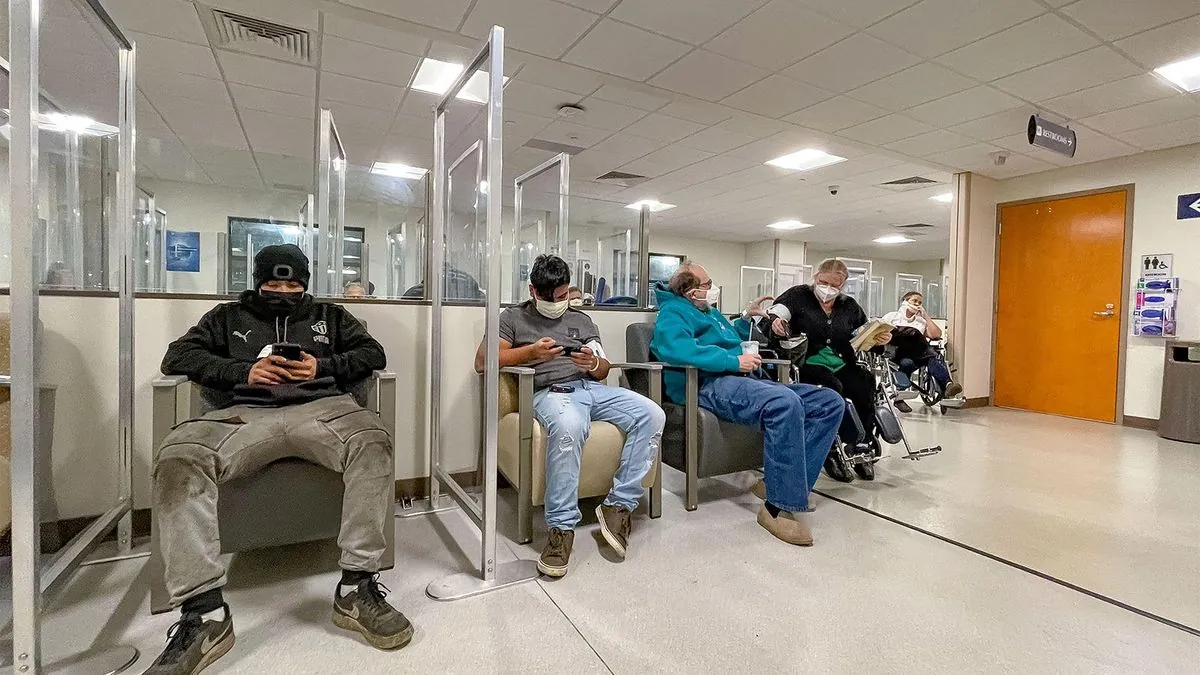Delayed Diagnosis Leads to Tragic Loss of 4-Year-Old Boy to Sepsis
A coroner's inquest reveals critical delays in recognizing sepsis in a young autistic boy, leading to his untimely death. The case prompts changes in hospital procedures and a national warning.

A coroner's inquest has concluded that a 4-year-old boy succumbed to sepsis after experiencing prolonged wait times for proper examination at an emergency department. The case has highlighted critical issues in recognizing sepsis, particularly in neurodivergent children.
Daniel Klosi, a young boy with autism, was brought to the Royal Free Hospital in Camden, London, four times within a week in March and April 2022. Despite his parents' persistent concerns, medical staff initially diagnosed him with a viral infection and advised home care with over-the-counter medication.
The inquest revealed that on Daniel's final hospital visit on April 1, 2022, the septic process had already begun by 4:45 PM. However, recognition of his condition was delayed until after 9 PM. Tragically, Daniel passed away shortly after midnight on April 2, 2022.
Mary Hassell, the senior coroner of Inner North London, identified several factors contributing to the missed diagnosis:
- Extended wait times in an overcrowded emergency department
- Difficulty in obtaining vital signs from an agitated child
- Atypical presentation of sepsis in a neurodivergent patient
- Failure to review previous medical records thoroughly
The coroner emphasized that Daniel's agitation, mistaken for alertness, was a crucial sign overlooked by healthcare professionals. This underscores the importance of understanding how neurodivergent individuals may present symptoms differently.

"Daniel's life would have been saved."
The coroner noted that if blood tests had been ordered during Daniel's third visit, they would have revealed elevated protein levels, prompting antibiotic administration and potentially saving his life.
In response to this tragic event, the Royal Free Hospital has implemented several changes:
- Prioritizing re-attending children for immediate medical assessment
- Enhancing staff training on recognizing sepsis in neurodivergent patients
- Improving communication between NHS 111 services and emergency departments
The coroner has issued a Prevention of Future Deaths Report, urging medical organizations to treat "no observations" with the same gravity as "worrying observations" in patient assessments.
This case highlights the critical need for heightened awareness of sepsis, which affects an estimated 49 million people worldwide annually. Early recognition and treatment significantly improve survival rates, especially in vulnerable populations such as young children and those with neurodevelopmental differences.
As the medical community reflects on this tragedy, it serves as a stark reminder of the importance of thorough patient history review, effective communication between healthcare providers, and the need for a nuanced understanding of how various conditions may present in diverse patient populations.


































